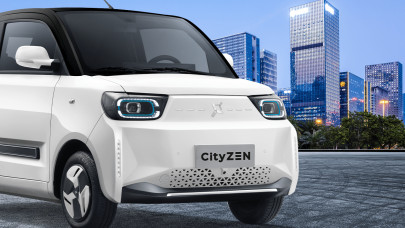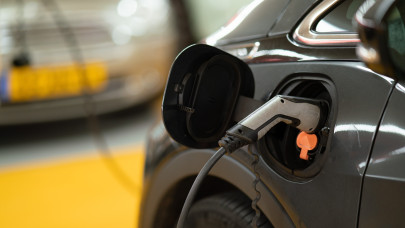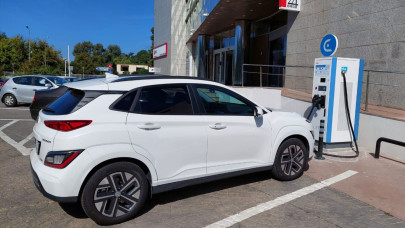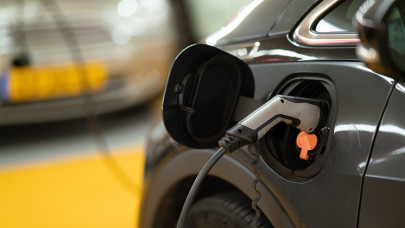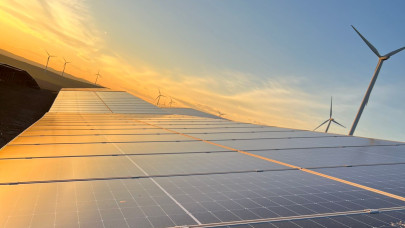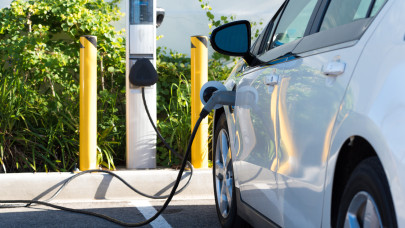Sales of battery electric vehicles (BEVs) in the key European markets rose by 28% in 2022 from the previous year, but this year's development will depend on governments' financial incentive policies for these acquisitions, according to an analysis by Strategy&, the global strategy department of the PwC network. In the final quarter of last year, sales were up 39% compared to the corresponding period in 2021, with consumers rushing to take advantage of the full incentives. Several states with large auto markets have reduced or eliminated incentives this year.
“Several countries are now moving to another stage of BEV market development. They consider government incentives to have served their purpose and are now relying on increased consumer interest and CO2 emission limitation regulations. But it remains to be seen whether the elimination or reduction of incentives in both Europe and China will have a significant impact on the market. Even in Romania, it is still possible that the amounts granted through Rabla Plus will be limited to electric cars costing more than € 60,000, a practice already common in other European countries. In fact, Romania now grants among the highest incentives, € 10,000, which has been reflected in a significant increase in sales of green cars, by almost 50% in 2022”, says Daniel Anghel, Partner and Automotive Industry Leader PwC Romania.
After Germans bought more hybrids and BEVs than internal combustion vehicles for the first time in the fourth quarter (+66%), as consumers rushed to take advantage of the full incentives, the market has been shrinking this year following a reduction in the incentives. From January 2023, incentives dropped from EUR 6,000 to € 4,500 for models under € 40,000 and from € 5,000 to € 3,000 for models priced below € 65,000. Incentives for PHEVs have been removed.
As of the beginning of 2023, BEV buyers in France receive a maximum of € 5,000 from the state. That is € 1,000 less than last year. However, the incentive for low-income households has increased to € 7,000.
In China, where sales grew by 87% last year, subsidies for BEVs have been completely withdrawn.
The report also shows that total sales of electric cars - BEVs, hybrids and plug-ins in the five main European markets increased by 12% to 3.7 million vehicles. If Austria, Norway, Sweden, Switzerland and the Netherlands are added, sales are up 11.4% to 4.4 million.
Despite geopolitical tensions and high energy prices, global BEV sales grew by 70% year-on-year in 2022.
Electric vehicles beat internal combustion vehicles in terms of total cost of ownership, even at current electricity prices.
Geopolitical tensions increase pressure on European original equipment manufacturers to build their own battery production facilities in Europe.
The BEV market in the United States has been gaining momentum, with 88% growth recorded last year.


